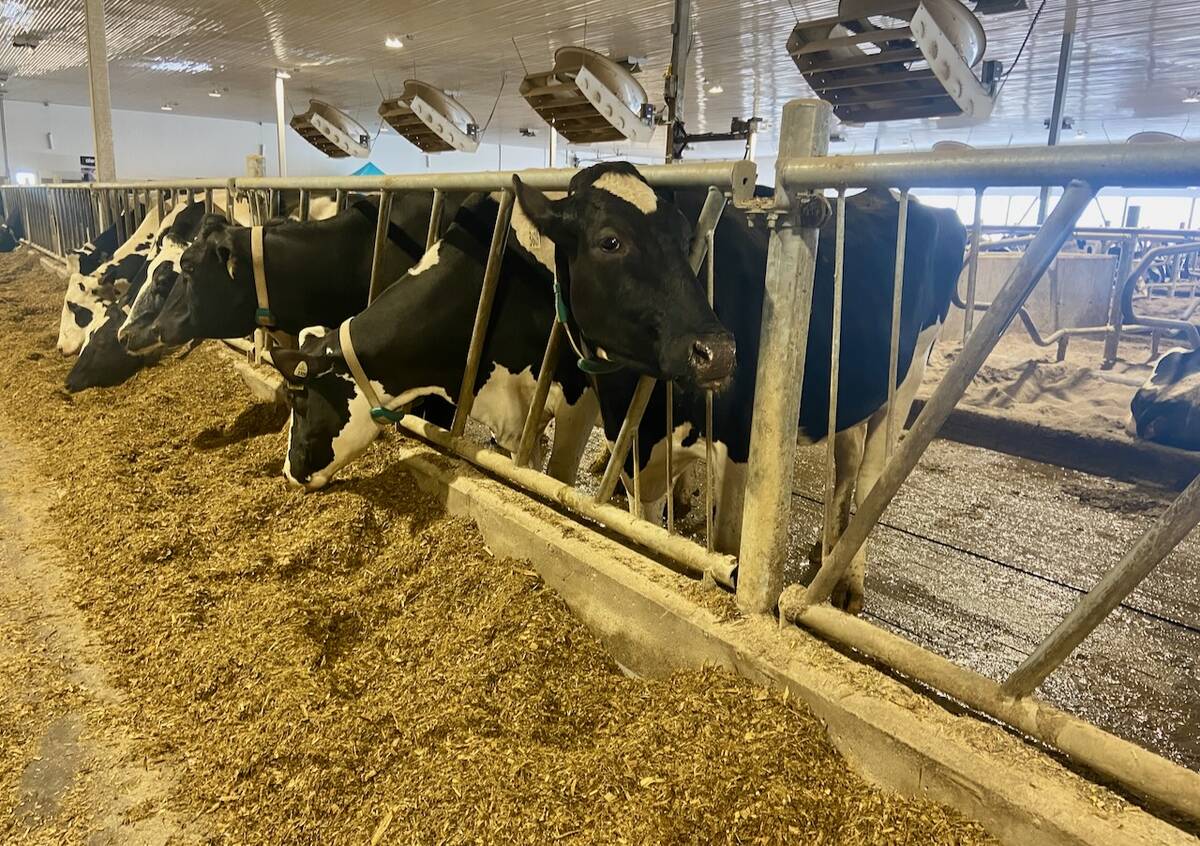DELAIDE, Aus. — The elimination of single desk grain marketing in Australia has opened the door for dozens of new bulk export companies to sell Australian wheat around the world.
But the country’s grain handling infrastructure is still controlled by a handful of large companies, say grain growers in the state of South Australia.
And until that changes, growers will not see the true benefits of deregulation.
“We’ve got more companies exporting grain, but I think we’ve still got a long ways to go before we’ve got adequate competition in our grain storage networks and in the export pathway,” said Garry Hansen, a grain farmer from Coomandook, S.A.
Read Also

U.S. farm group supports supply management
U.S. grassroots farm advocacy group pushing new agriculture legislation that would move towards supply management like Canada has for dairy industry
Ownership of the grain handling infrastructure is a hot topic in Australia.
Three major companies have almost complete control over terminal space in different parts of the country.
The farmer-owned co-operative CBH Grain is the dominant player in Western Australia, the country’s top wheat exporting state. CBH owns 197 receiving sites and all of the state’s four export terminals.
In South Australia, Viterra controls the infrastructure.
It holds a near monopoly over country collection facilities and also owns every export terminal on the state’s south coast.
GrainCorp, the largest bulk handling company in the states of Victoria, New South Wales and Queensland, operates 280 bulk storage facilities, owns seven export terminals and controls 20 million tonnes of total storage capacity.
The only other companies with significant grain handling assets in Australia are Cargill and the Emerald Group.
Cargill, which acquired the grain handling assets of the former Australian Wheat Board, owns 20 to 25 large bulk handling sites in South Australia, Victoria and New South Wales but has no port facilities.
The Emerald Group is aligned with grower-owned co-operatives, which operate independent bulk storage sites across the country.
Emerald is trying to solidify its position by acquiring the assets of Australian Bulk Alliance, which include more than a dozen country storage sites in New South Wales and Victoria and a grain export terminal in Melbourne.
Although more than 25 companies are accredited to export bulk wheat from Australia, most of them rely on larger competing companies to store, move and elevate grain at port.
Peter Woods, chief executive officer of Wheat Exports Australia (WEA), said deregulation has had many positive outcomes for Australia’s grain producers: more exporters, more foreign buyers of Australian grain and more investment in the grain sector, particularly in New South Wales and Queensland.
However, critical issues need to resolved, he added.
According to a recent WEA report, all but three of Australia’s 19 grain export terminals are owned by three companies: GrainCorp, Viterra and CBH.
“What the government never intended to do when it started down this path, was to … create three regional grain handling monopolies,” said Woods.
“But I think, if you speak to growers and certainly to traders, they will say unfortunately that that is exactly what we ended up with.”
Alison Watkins, chief executive officer of GrainCorp, said despite lingering concerns over control of the country’s grain handling infrastructure, Australia’s bulk handling companies are providing competitive service to farmers and small export companies.
“As far as up-country operations go, we do encourage as many buyers of grain as possible to be active at our sites,” said Watkins, whose company owns seven of 10 grain export terminals on a 3,000 kilometre stretch of Australian coastline.
“We want to attract as much grain into our system as we can, and we do that by having quite a number of active cash buyers at our sites and also by giving farmers the ability to market their grain in other ways after it’s in our system.”
Peter Mailler, a grain grower from New South Wales who also serves as chair of the grain growers advocacy group Grain Producers Australia, agreed that eliminating single desk marketing has opened up new markets for Australian grain.
About 160 foreign companies bought Australian wheat in 2010-11, compared to an average of less than 100 per year in the five years before deregulation.
However, Mailler said the system would have benefitted growers more had the Australian government taken steps to ensure more competition at ports and country collection sites.
The Australian government is expected to take steps in the next two years that will reduce its role in ensuring equitable and competitive port access.
The new system will give port owners more latitude in negotiating commercial handling agreements with competing export companies
When that happens, said Mailler, farmers and small exporters will have even less control over supply chain costs.
“If you’ve got an unregulated market with healthy competition (at port), it’s probably OK to have less regulation,” said Mailler.
“But if you’ve got an unregulated market with no competition, I think you’re in a world of trouble.”
Life in an open market | Western Producer reporter Brian Cross is in Australia exploring how the grain handling industry there has fared since it completed its transition from a single desk to an open market in 2008, and whether it holds any lessons for Canadians.














